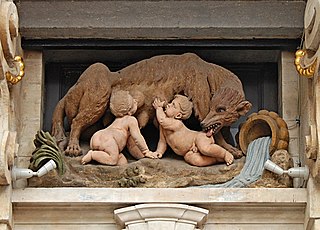This is Part 2 section 7 of Sintesi di dottrina della razza by Julius Evola in which he discusses the Hyperborean race. The texts that he refers to are Revolt Against the Modern World and The Myth of Blood; the chapters in Revolt on the Hyperboreans should be read in … Continue reading
Category Archives: Julius Evola
The Way of Living Thought (II)
This is Part 2 of two parts of an article that originally appeared in EreticaMente as La via del pensiero vivente come controparte operativa del pensiero di Julius Evola by Fabio Mazza. It is translated and published with the permission of the author. Massimo Scaligero was a personal friend to … Continue reading
The Way of Living Thought (I)
This is Part 1 of two parts of an article that originally appeared in EreticaMente as La via del pensiero vivente come controparte operativa del pensiero di Julius Evola by Fabio Mazza. It is translated and published with the permission of the author. Julius Evola was involved with various anthroposophists, … Continue reading
The Mystique of Race in Ancient Rome I

The single, atomic, deracinated individual does not exist. When he presumes to be a being in itself, he is deceived in the most pathetic way, because he cannot even name the last of the organic processes that condition his life and finite consciousness. The individual is part of a group, a folk, a gente. He is part of an organic unity. Continue reading
Race and the Myth of the Origins of Rome II

In regards to Romulus, the myth contains a faith and a spiritual certainty: it is the meaning of a reality that, freed from the person and symbol, was not once, but will always be, and will always be present, in its greatness beyond history, the race that knows how to recall the “mystery”. Continue reading
Race and the Myth of the Origins of Rome I

In our day all of that is fantasy or superstition for many “serious” persons and many “critical” minds. The “facts” are the only things that count for them. The mythical traditions of the ancients have no value, or they have it only insofar as it is supposed that, here and there, they are confused reflections of real events. Continue reading
Myths, Symbols, and Lies

We live in a world ruled by lies. Lying and stealing are the dominant elements of human character whatever the race, creed or caste. Whoever says that this is not true simply tells another lie. Man lies because in a world ruled by lies it is not possible for him to do otherwise. Continue reading
Esoteric Anthropology

So the first task is to begin observing and transcending the misconceptions of the first stage. A temporary “I” develops that integrates the three lower centers. This is still a transitional, or psychological, state, often represented as the lower Ego. Continue reading
Nietzsche and Being
The problem of the forgetting of Being cannot be resolved philosophically or scientifically, but only spiritually and metaphysically. We started Gornahoor first of all as an exploration in the recovery of Tradition in the West. Since Tradition is the opposite of modernity, this led to an attempt to forge a … Continue reading